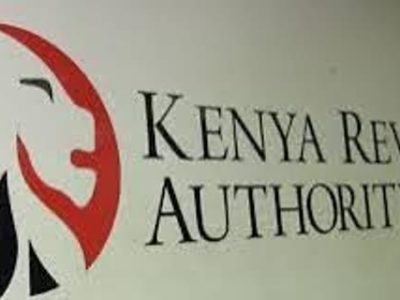The Nigerian Communications Commission (NCC) has announced new plans to regulate the management of unutilized and unclaimed airtime on churned subscriber lines, as part of efforts to strengthen consumer protection in Nigeria’s telecom sector. Nigeria’s telecom industry currently has about 169.3 million active subscriptions as at January 2025.
RELATED: Nigeria witnesses growth in active voice and internet subscriptions in latest telecom indicators
At the recently held Consultative Forum on Unclaimed and Unutilised Subscriber Funds, the Commission outlined a draft framework designed to address the growing issue of unused recharge credits left behind by inactive or disconnected subscribers.
According to Mrs. Chizua Whyte, Head of Legal and Regulatory Services at the NCC, when subscribers are disconnected after extended periods of inactivity—based on thresholds defined in the Commission’s Quality-of-Service Regulations—they often leave unused credit balances, raising important consumer rights and regulatory management concerns.
“The Draft Guidance aims to establish clear, fair, and transparent procedures for managing these funds, ensuring subscribers maintain rightful access to their purchased credits while providing operators with regulatory certainty,” Whyte said.
The industry currently debates whether operators should refund unused airtime or if the “use it or lose it” principle should apply. The NCC’s draft favors aligning Nigeria with global best practices, notably in the U.S., EU, and India, which prioritize transparency and service alternatives over cash refunds.
Key Highlights from the Consultative Forum:
-
Forfeiture Policy: Unused prepaid airtime may be forfeited after prolonged inactivity. Airtime is classified as non-refundable and is not treated as equivalent to cash.
-
Consumer Safeguards: Operators must inform subscribers of forfeiture policies and offer service alternatives like data or voice bundles instead of refunds. Mandatory consumer education campaigns are also required.
-
Operational Limitations: Cross-network airtime portability is deemed impractical due to varying operator costs, administrative complexities, and airtime’s legal status under Central Bank of Nigeria (CBN) guidelines.
-
International Alignment: The proposed framework mirrors international best practices, emphasizing transparency, service alternatives, and consumer education rather than direct refunds.
-
Compliance Requirements: Telecom operators will have 90 days to implement the new rules, with non-compliance attracting regulatory fines or audits. NCC will review operators’ compliance reports within 10 days.
-
Objectives of the Draft Guidance:
-
Introduce a structured process for managing unclaimed credits and consumer recharges.
-
Improve billing transparency and protect consumer interests.
-
Provide regulatory clarity to the telecom sector.
-
The event drew wide participation from industry stakeholders, including telecom operators and consumer rights groups, signaling the Commission’s commitment to a collaborative approach in finalizing the new framework.































